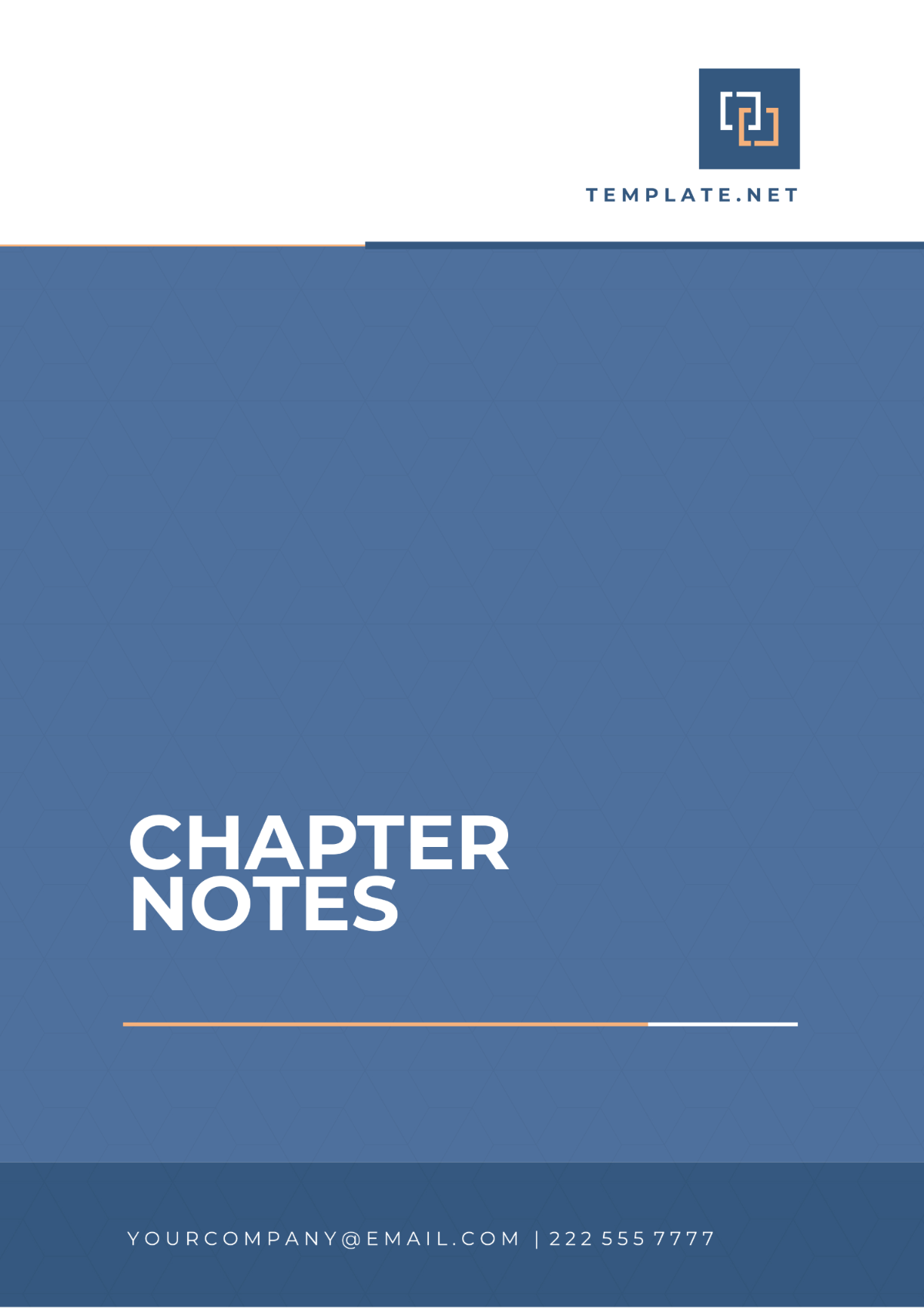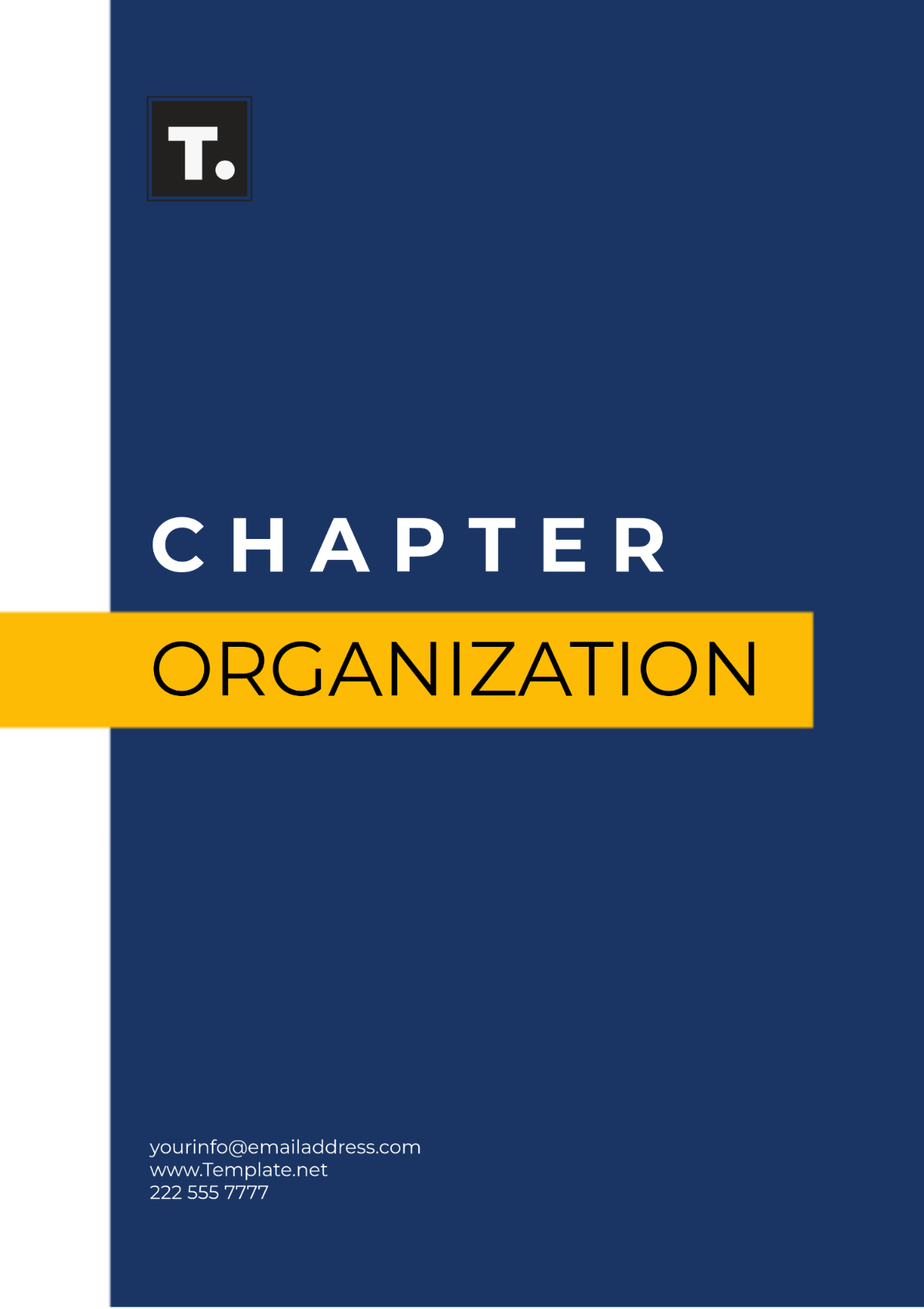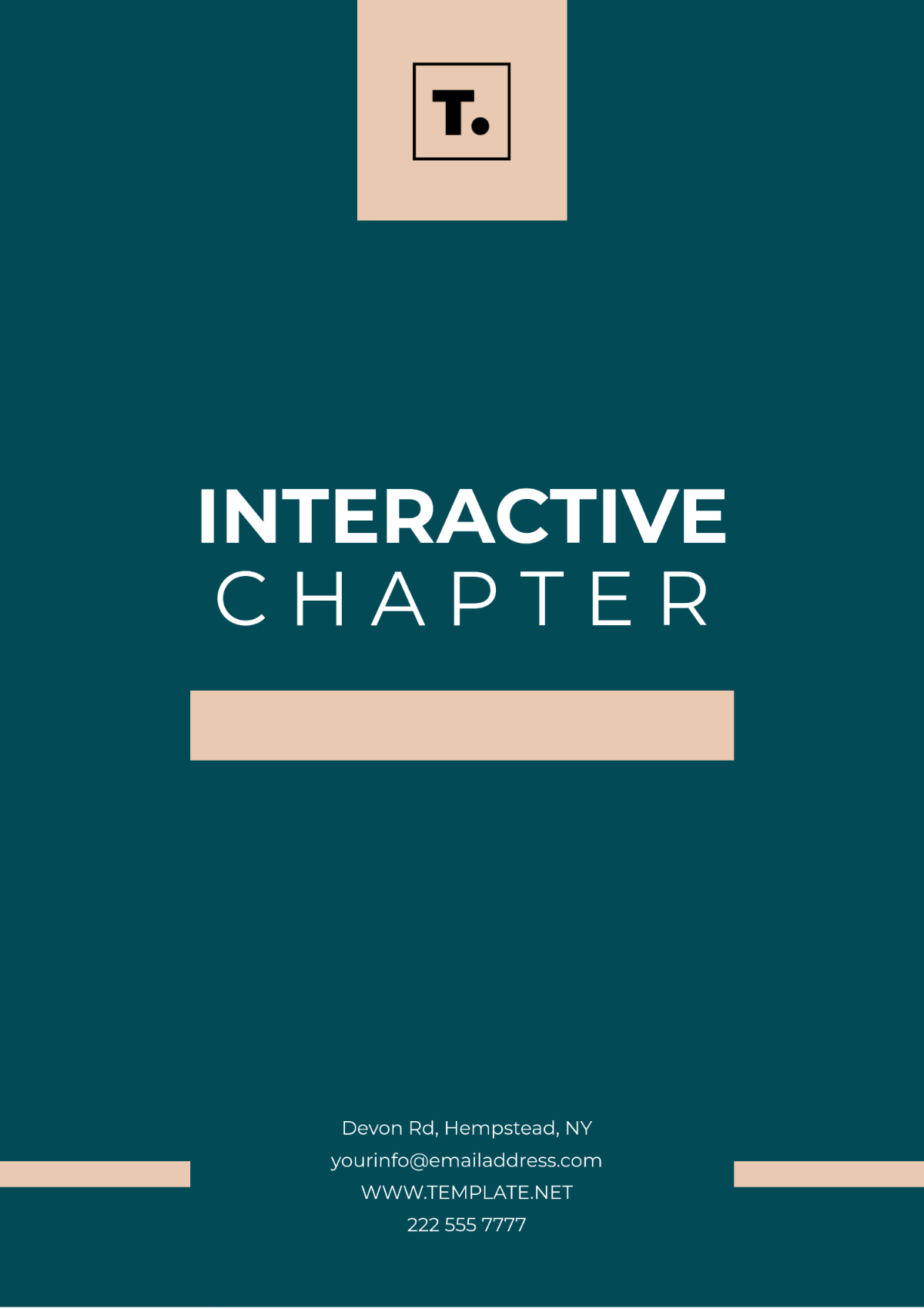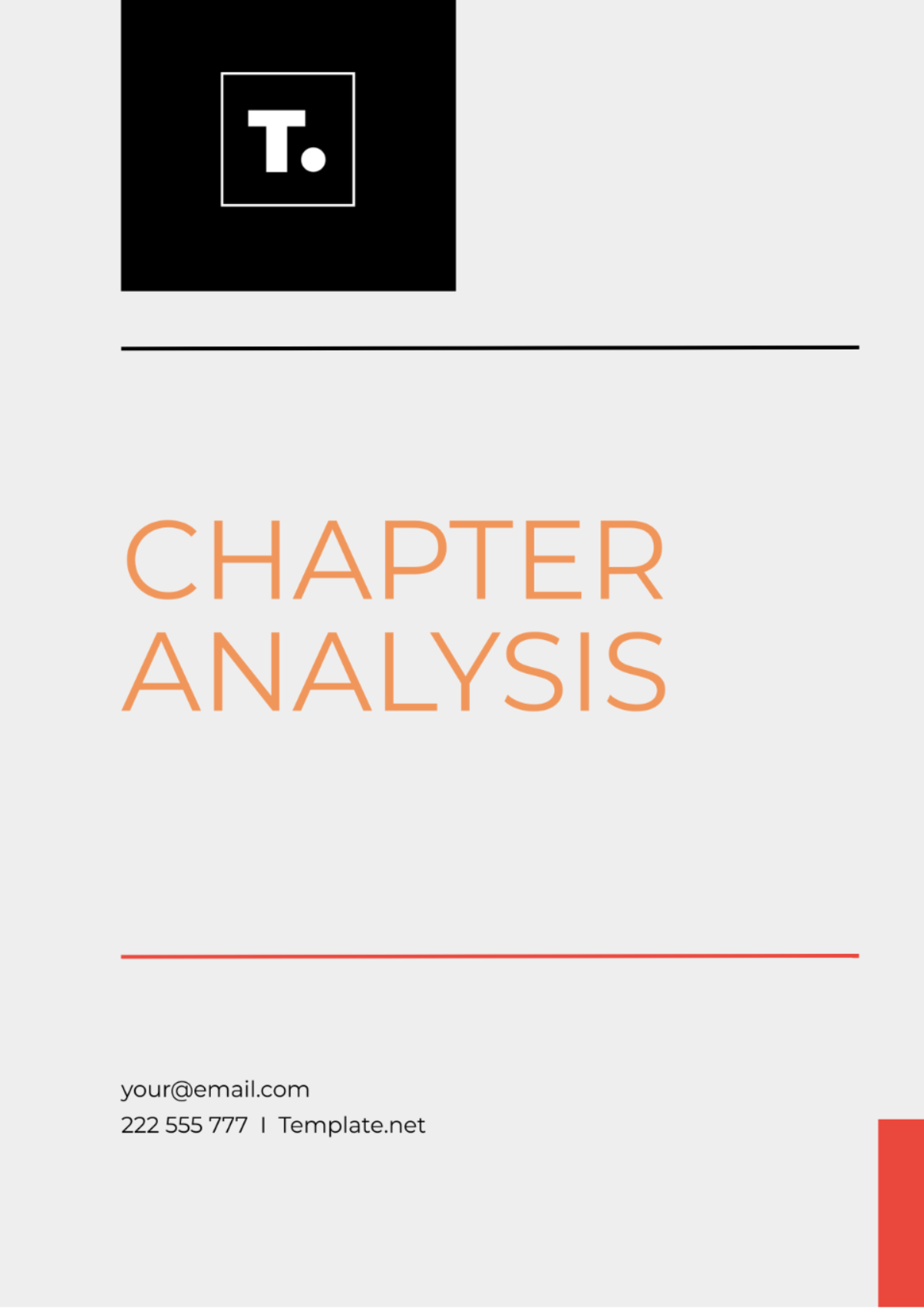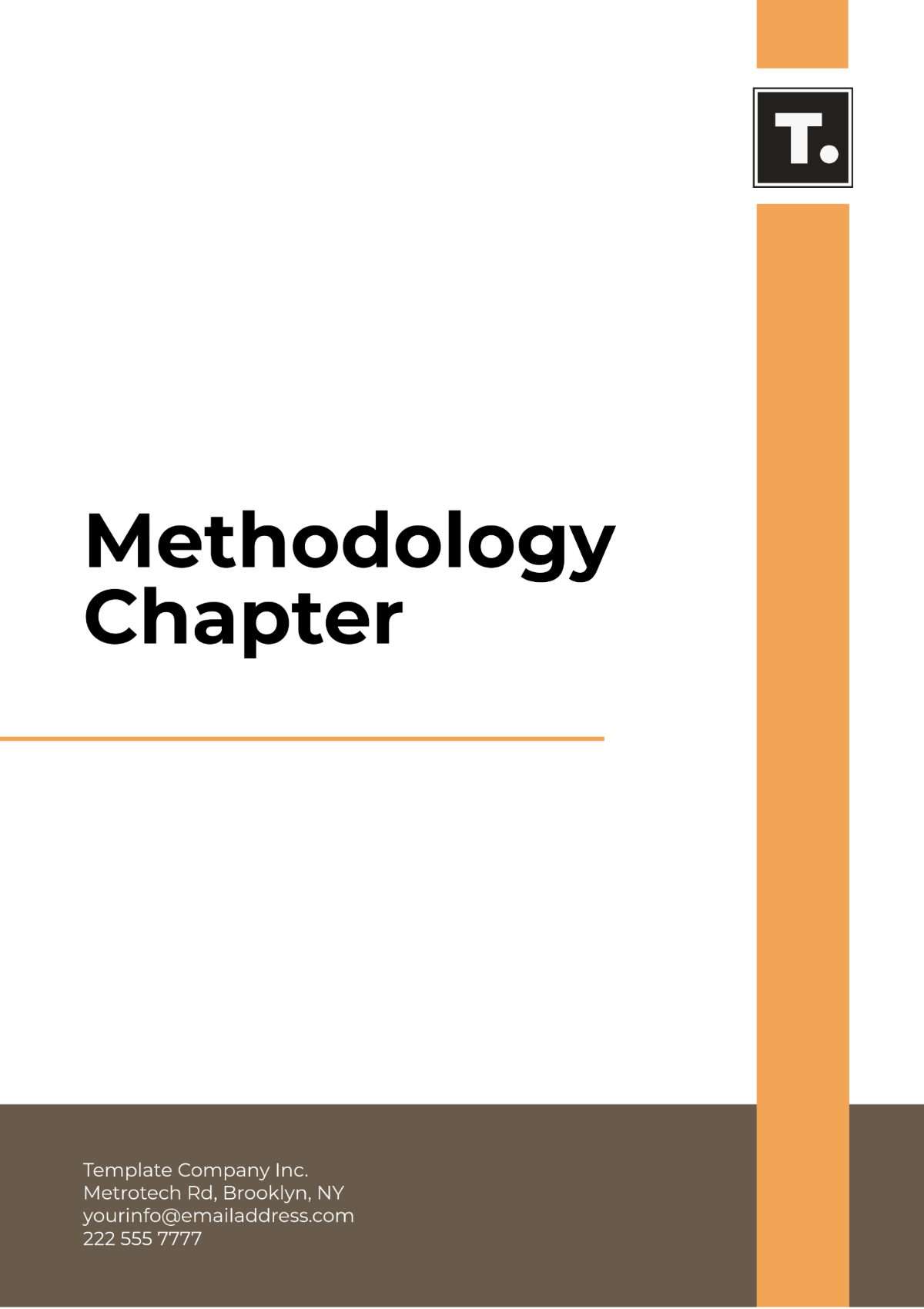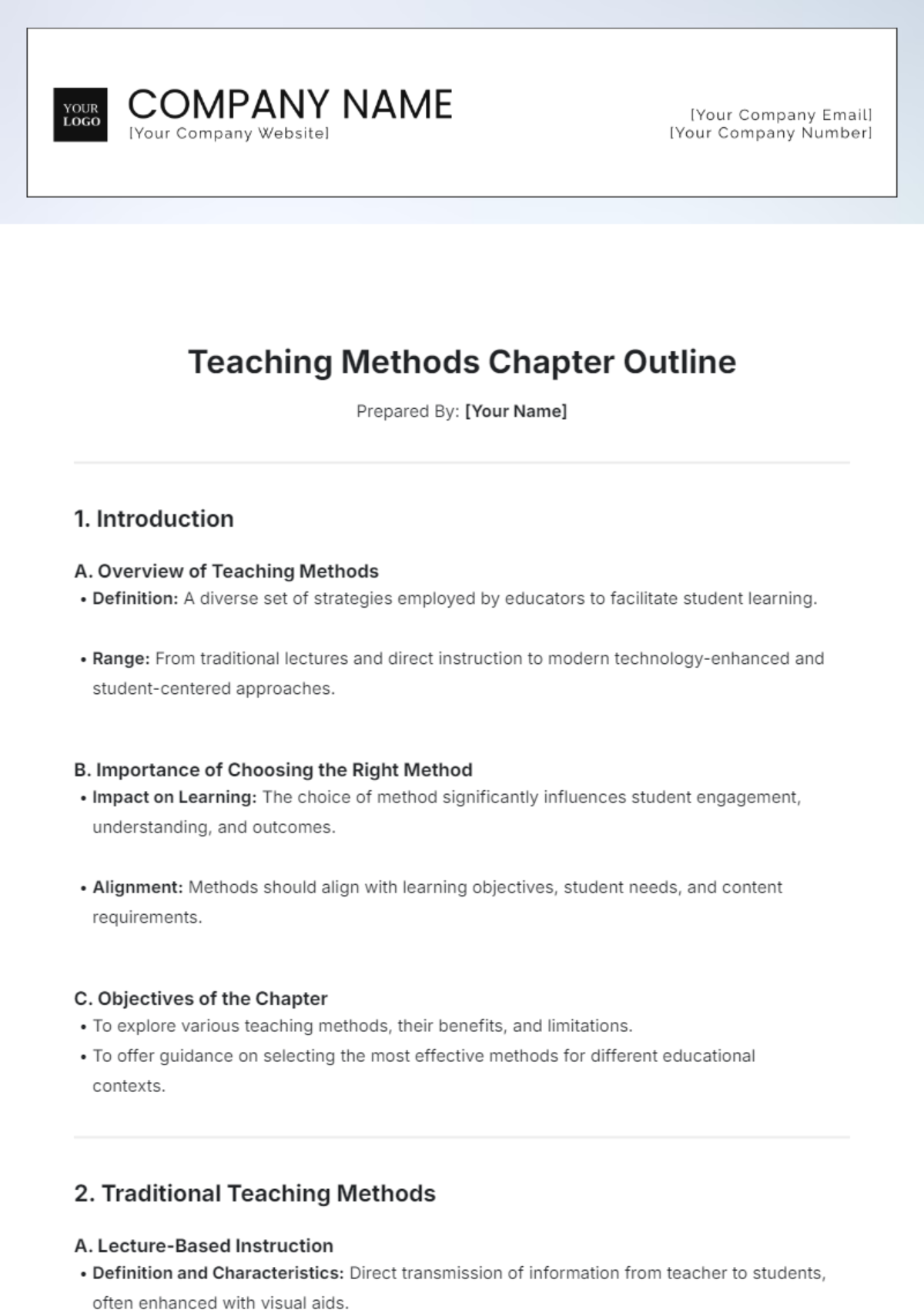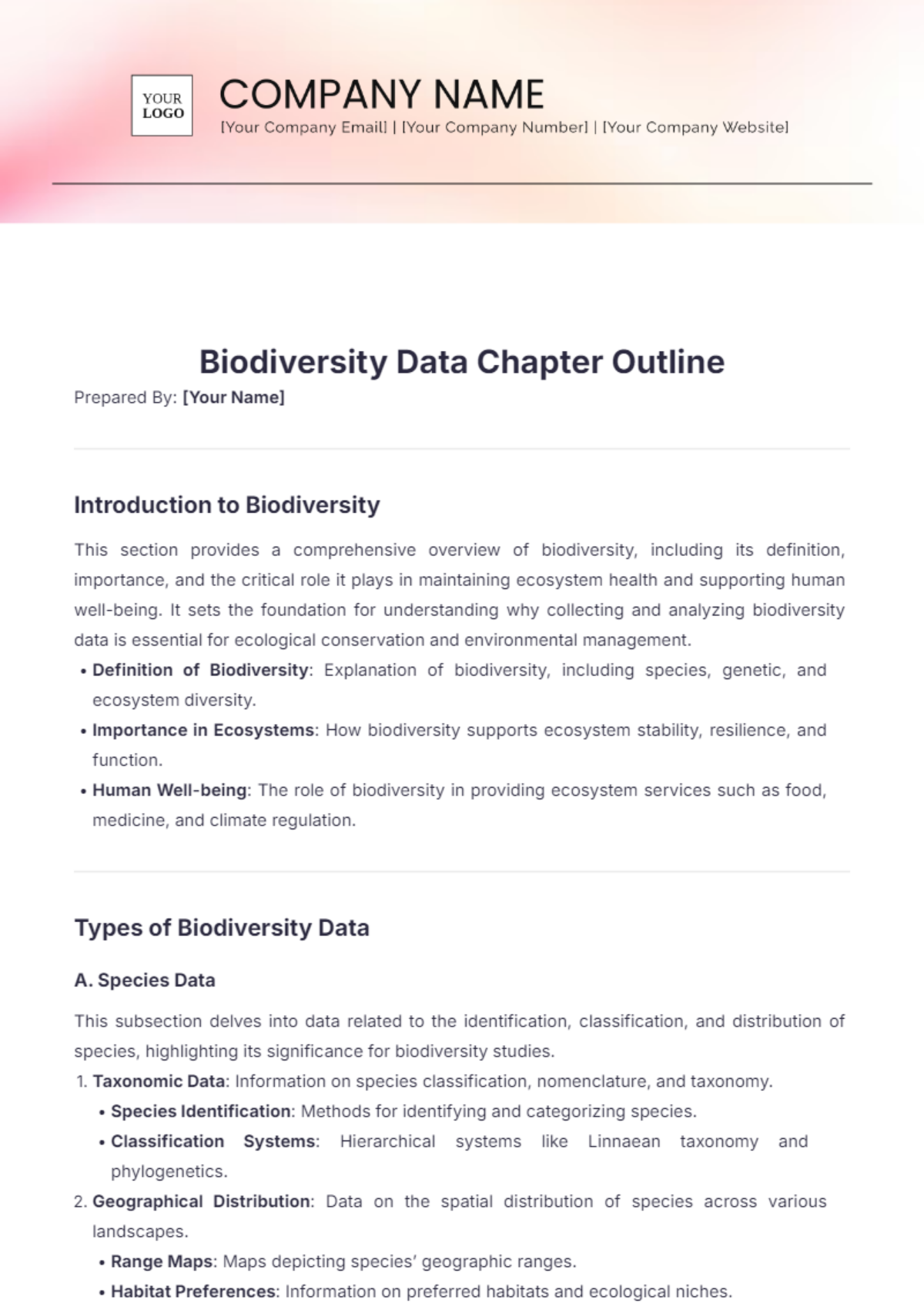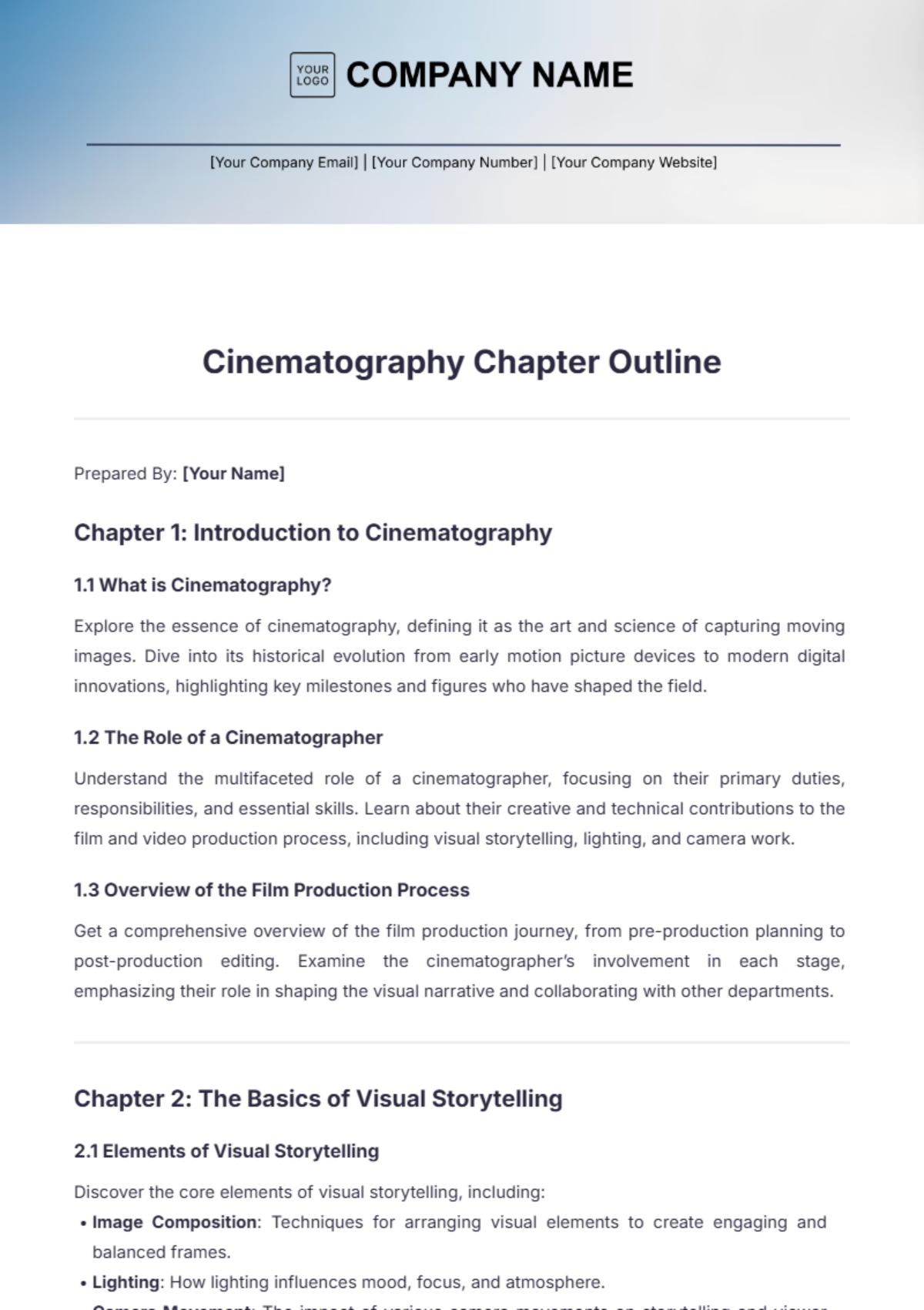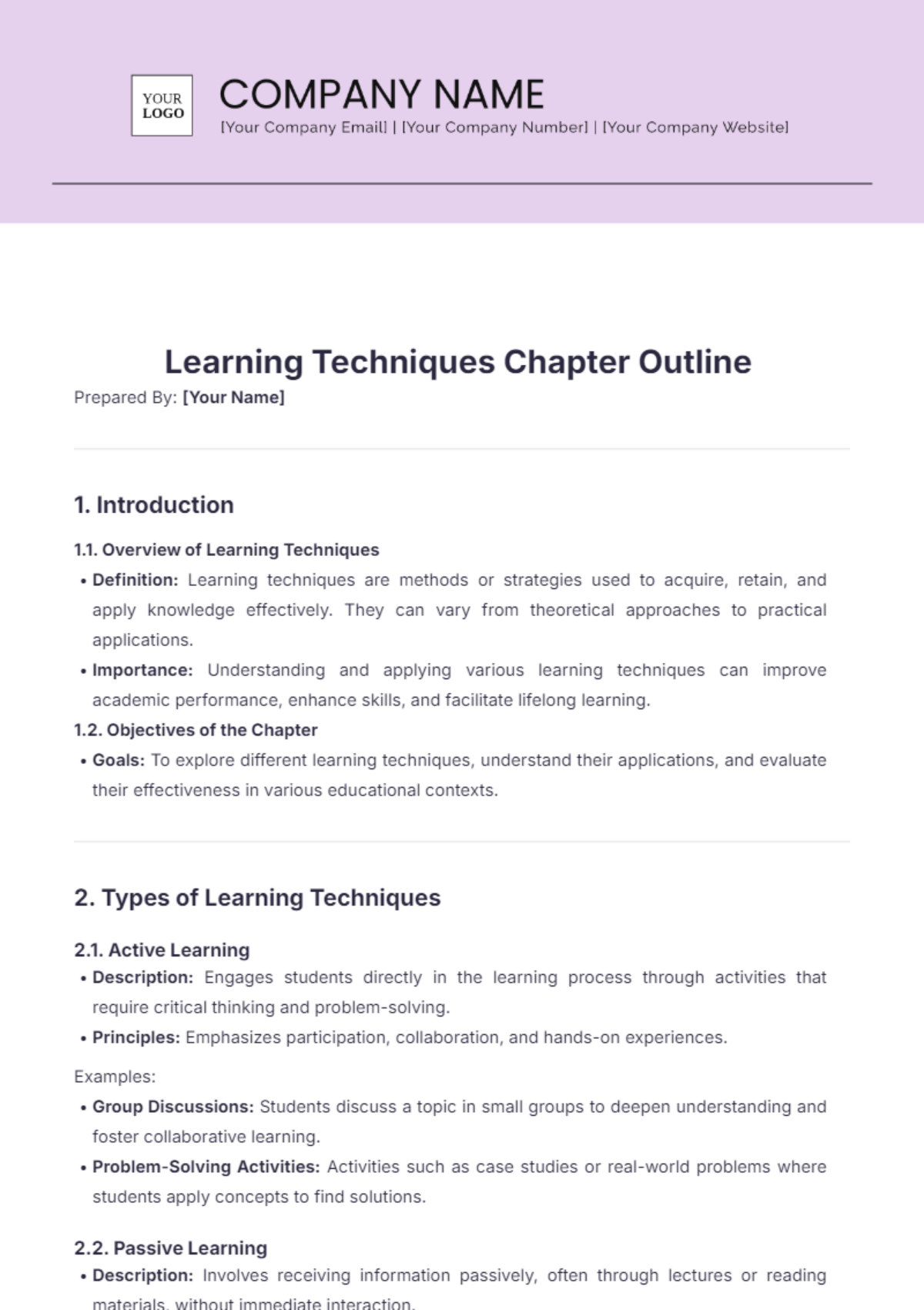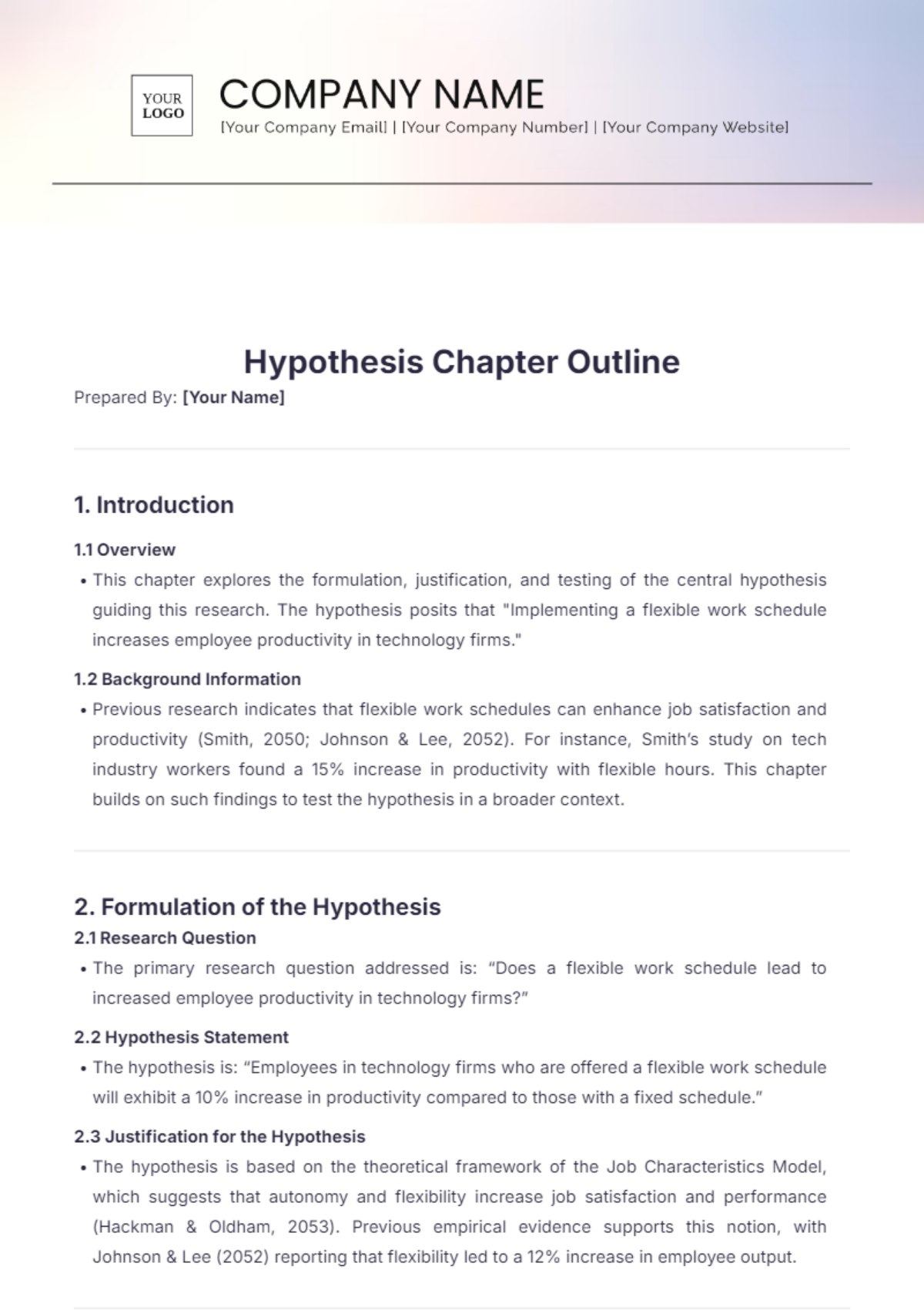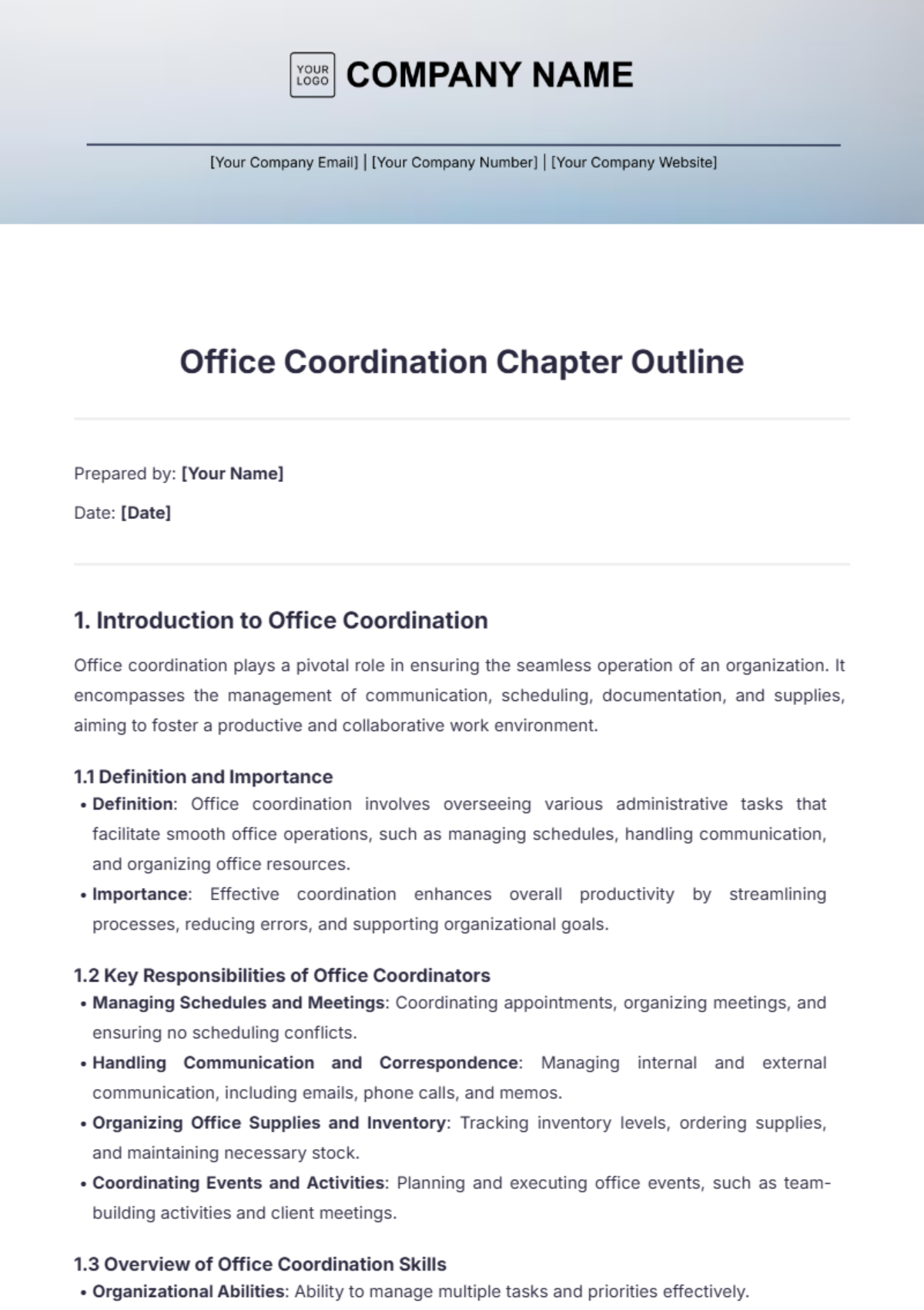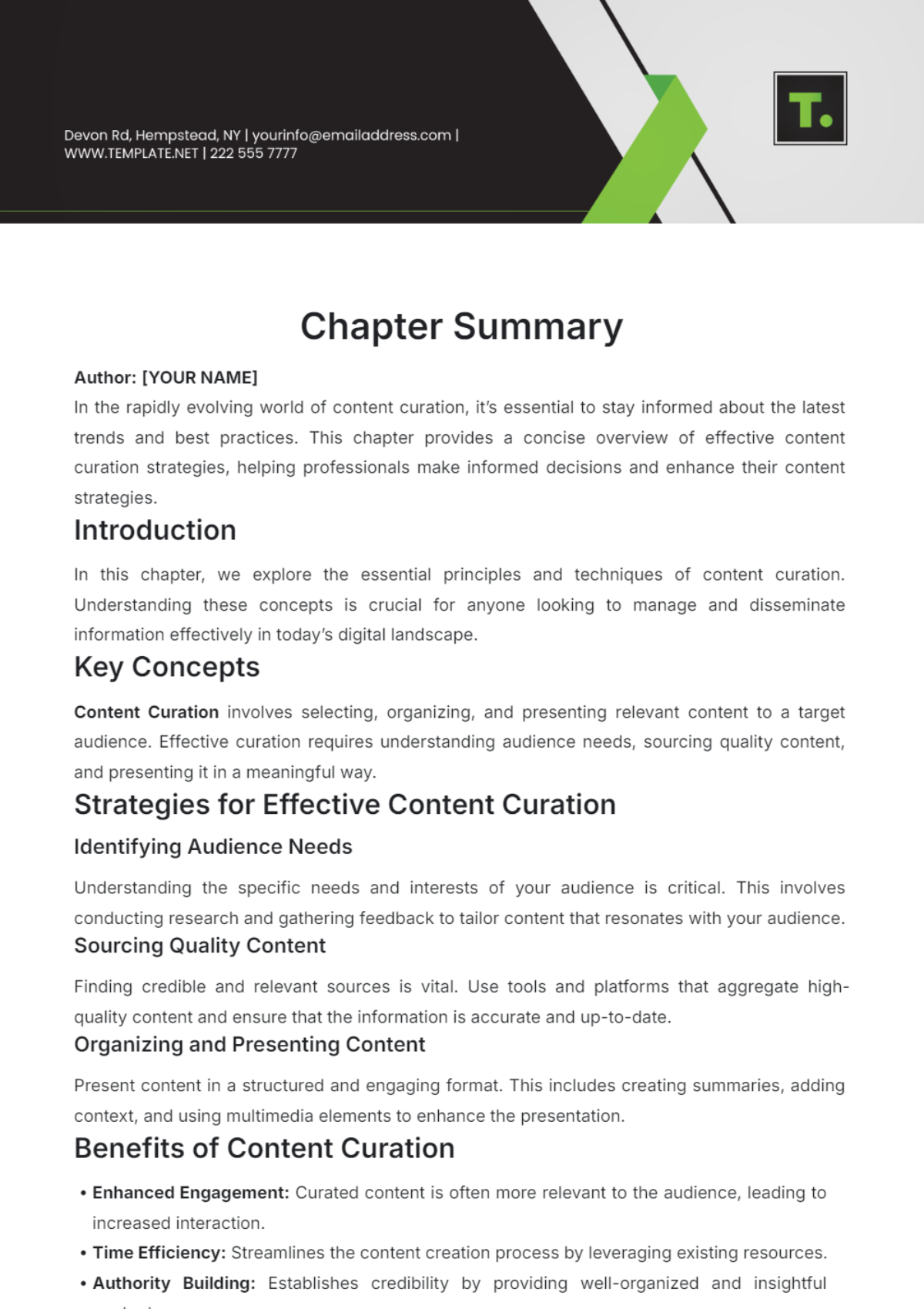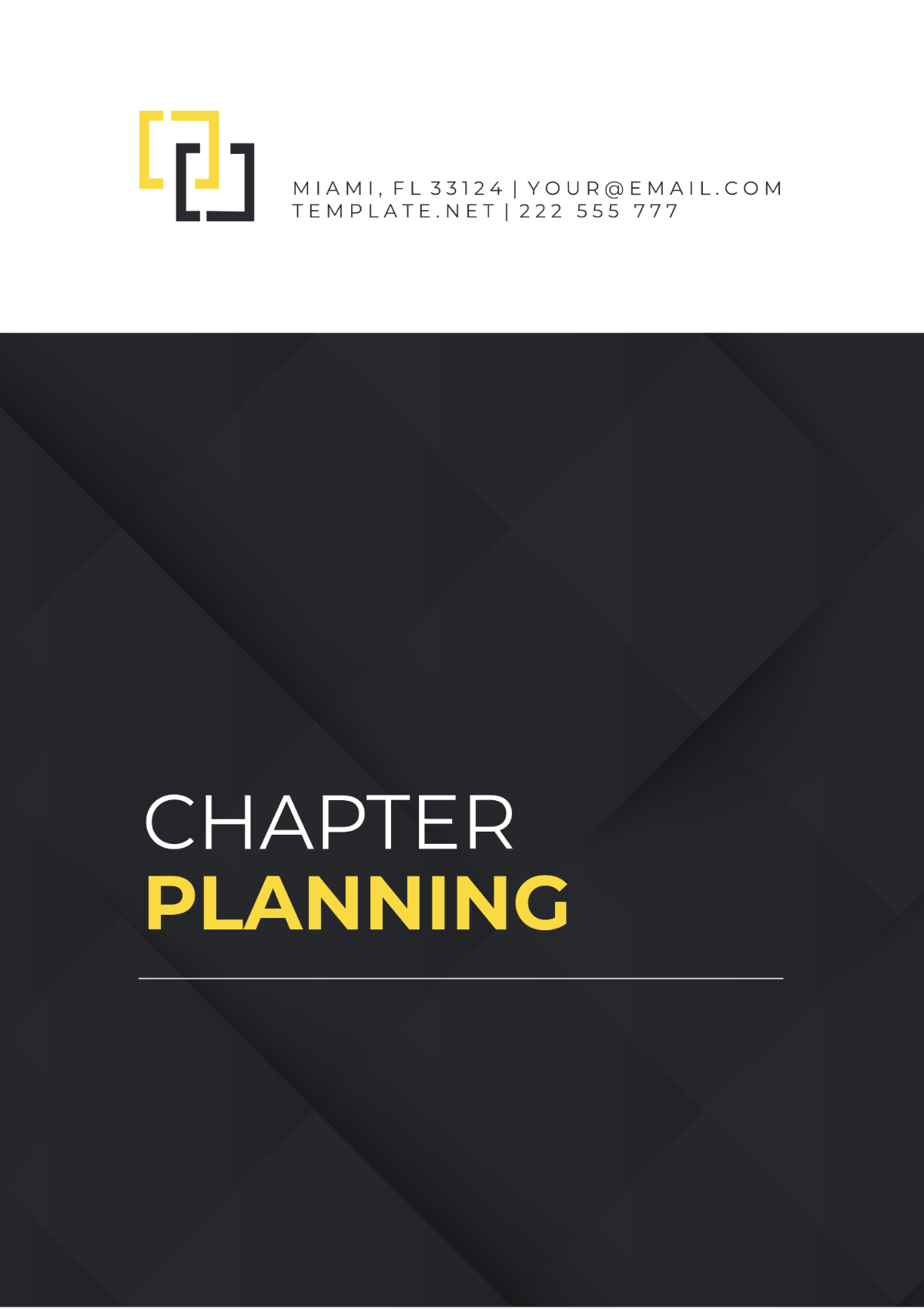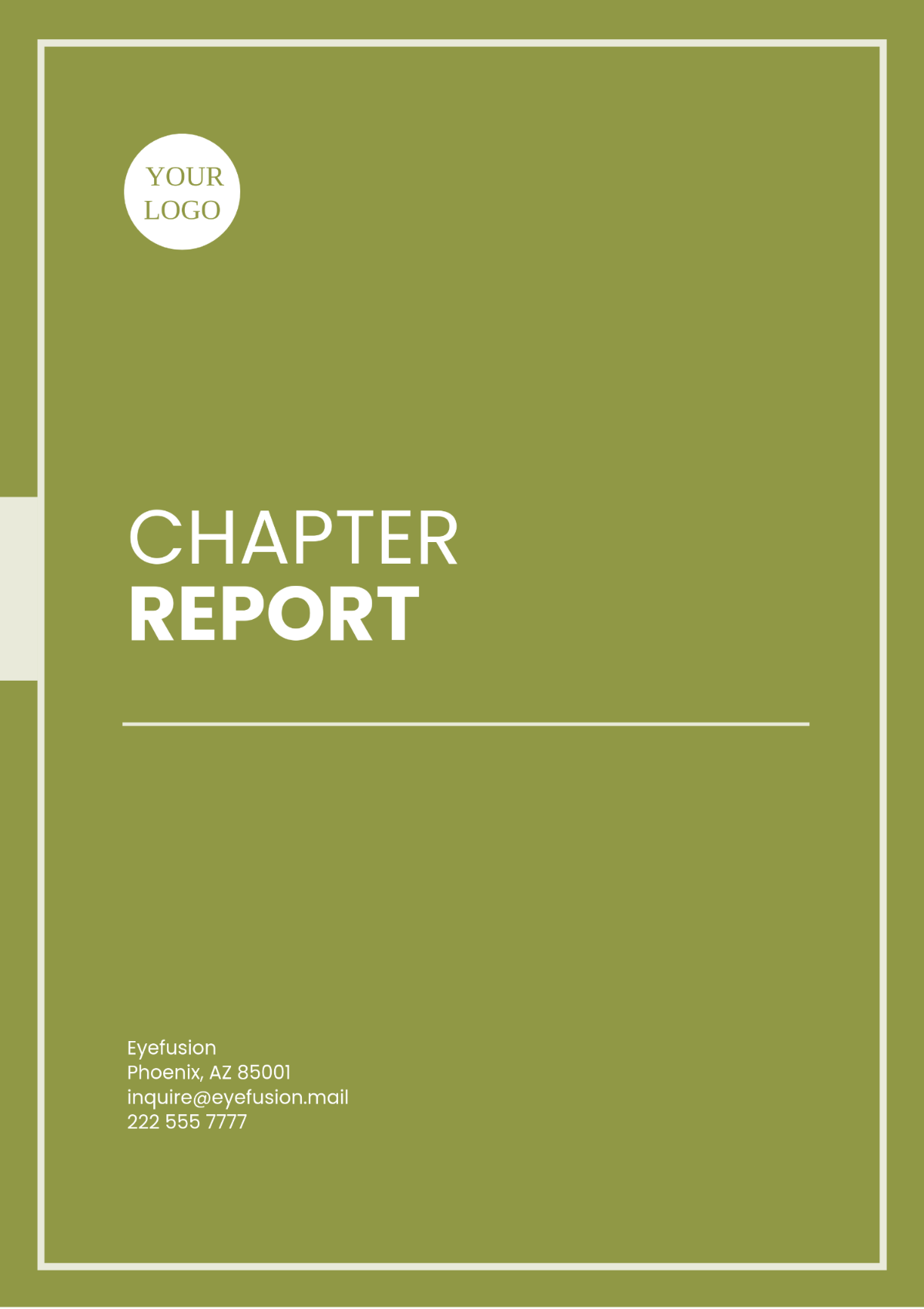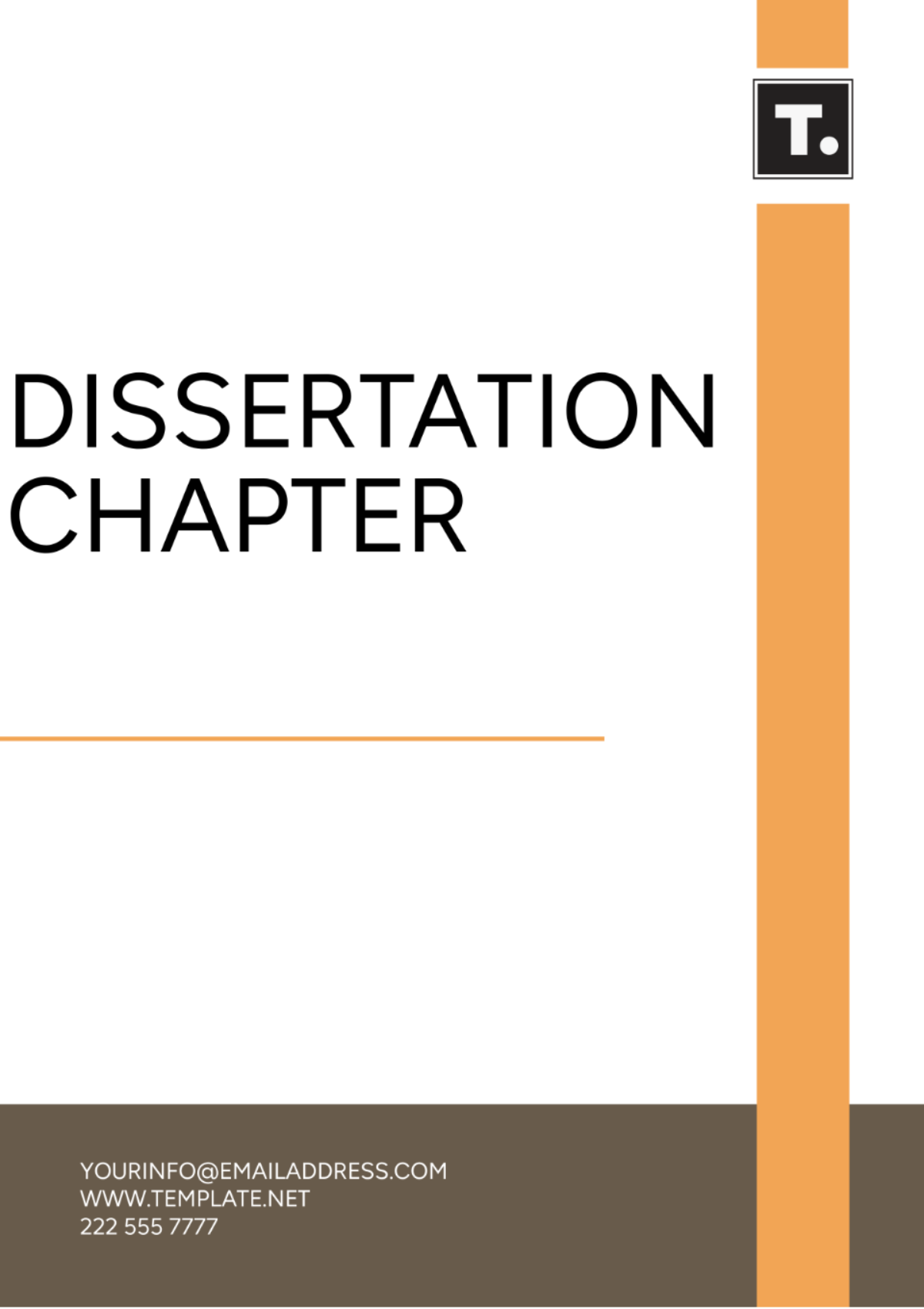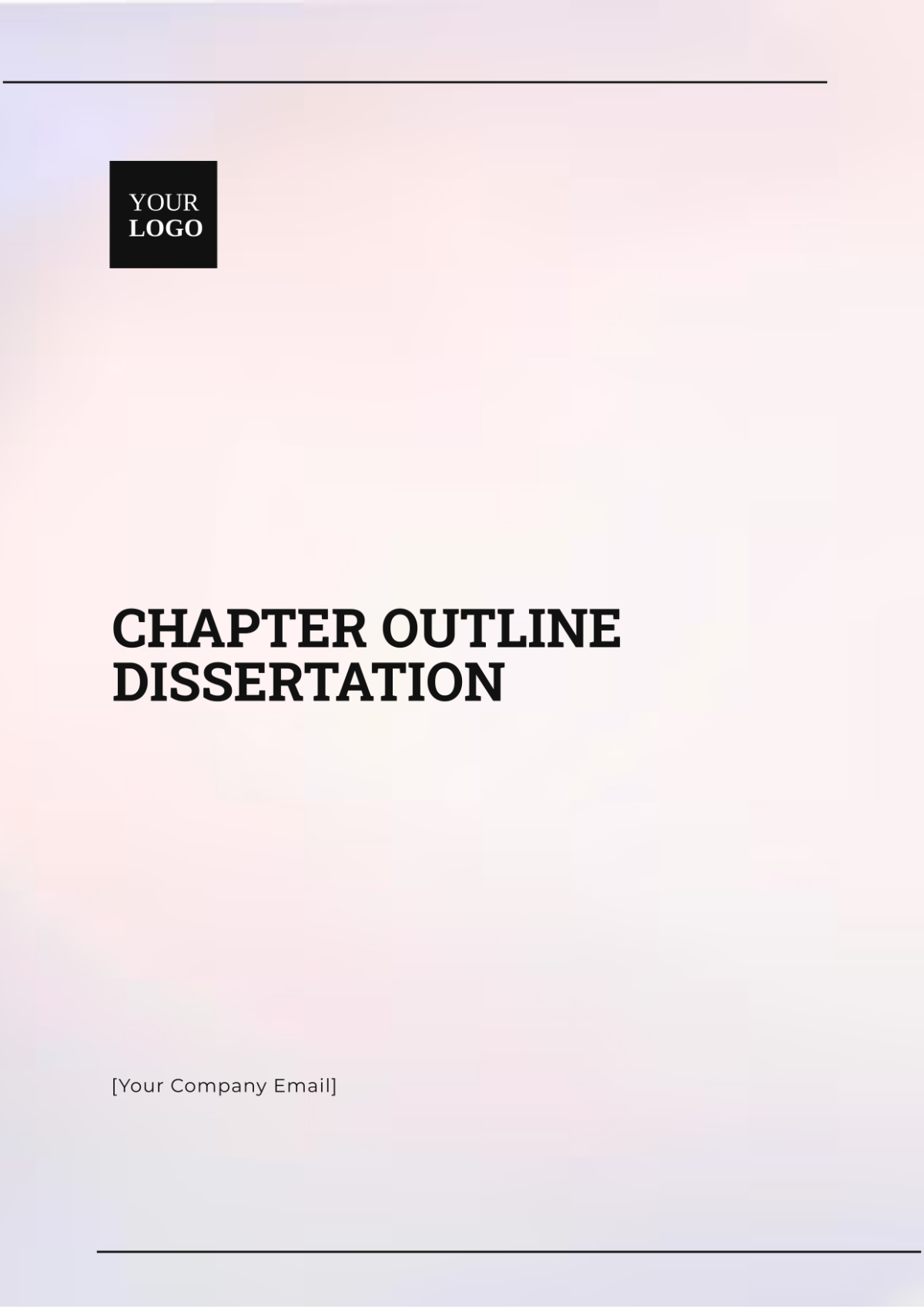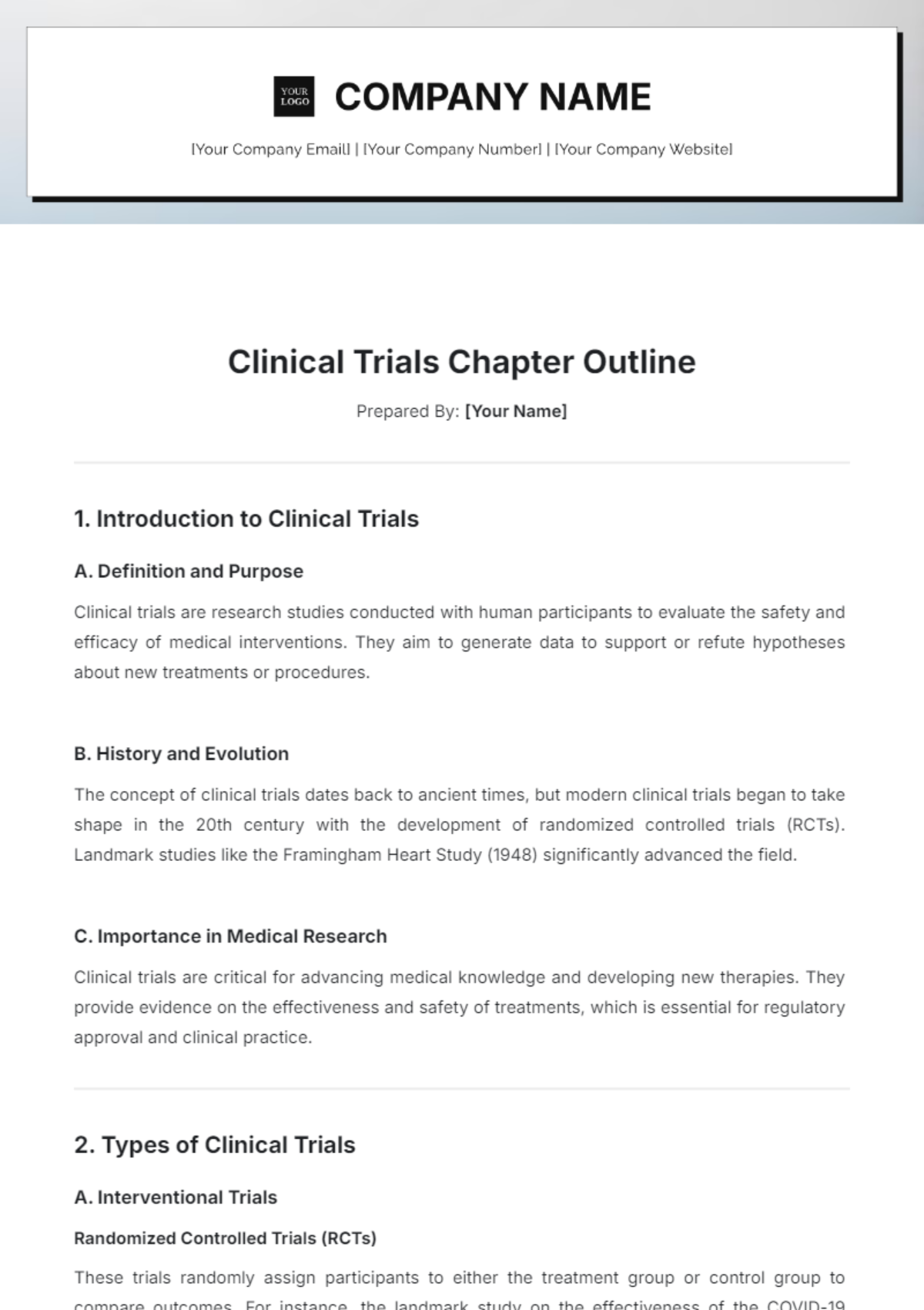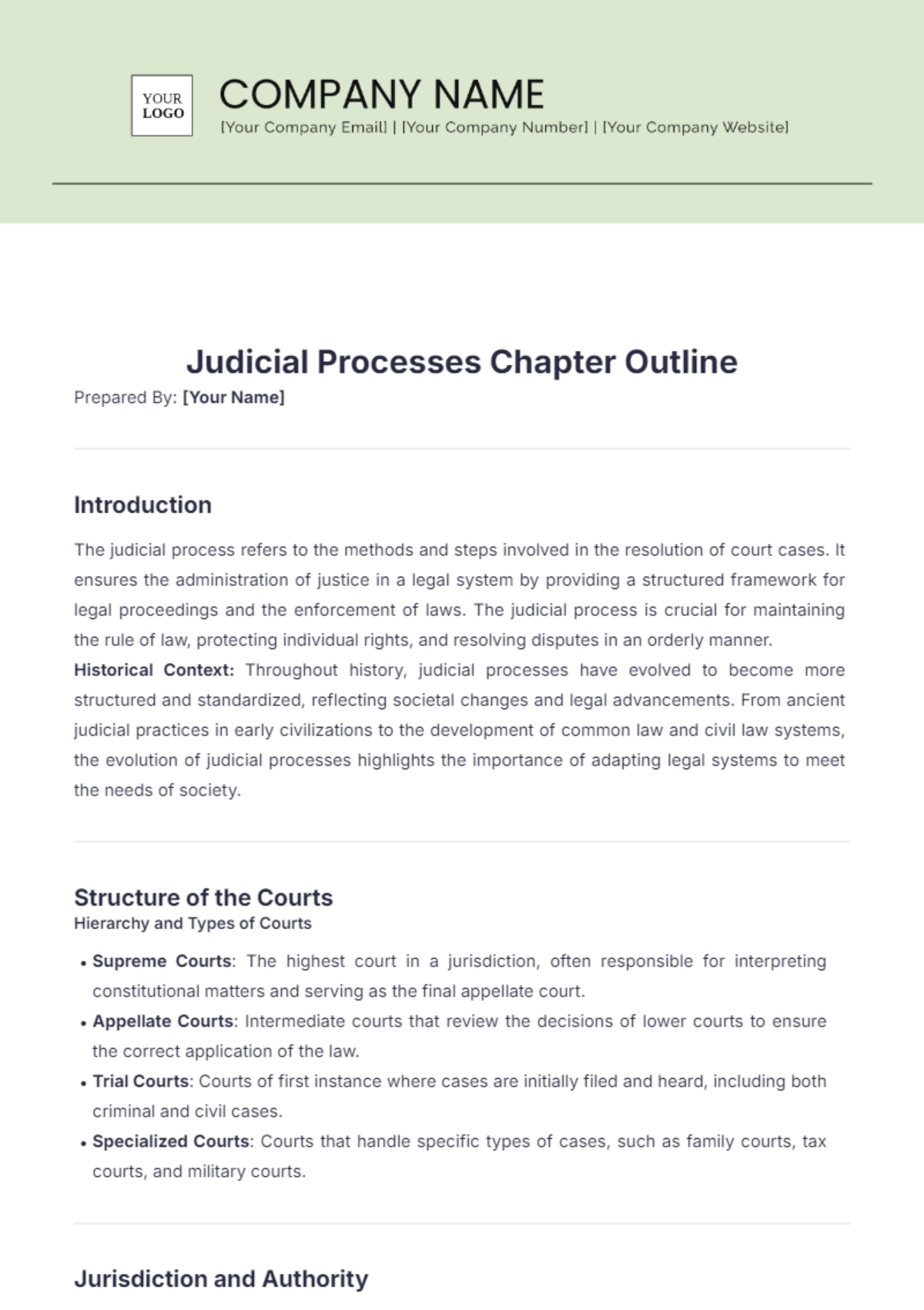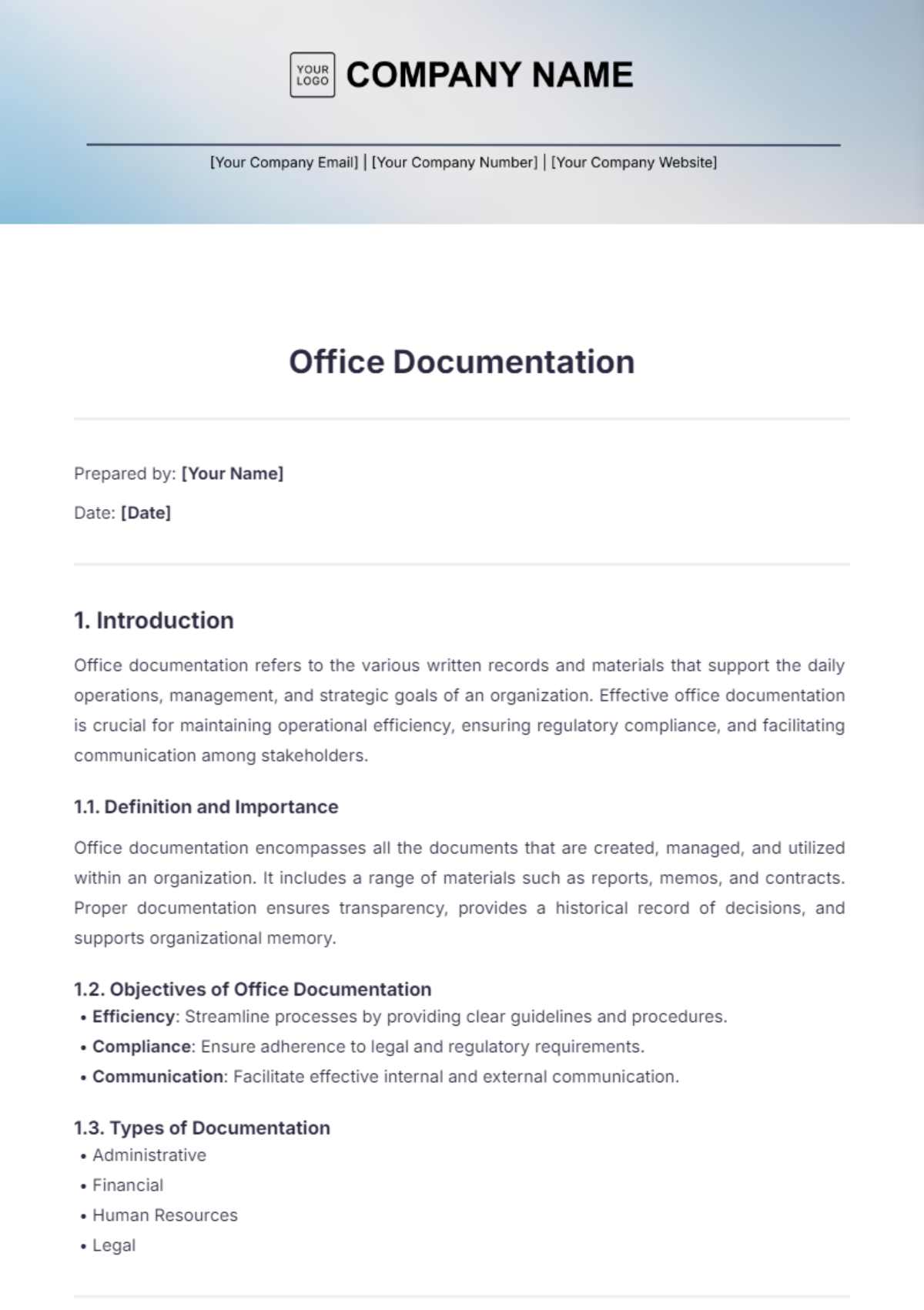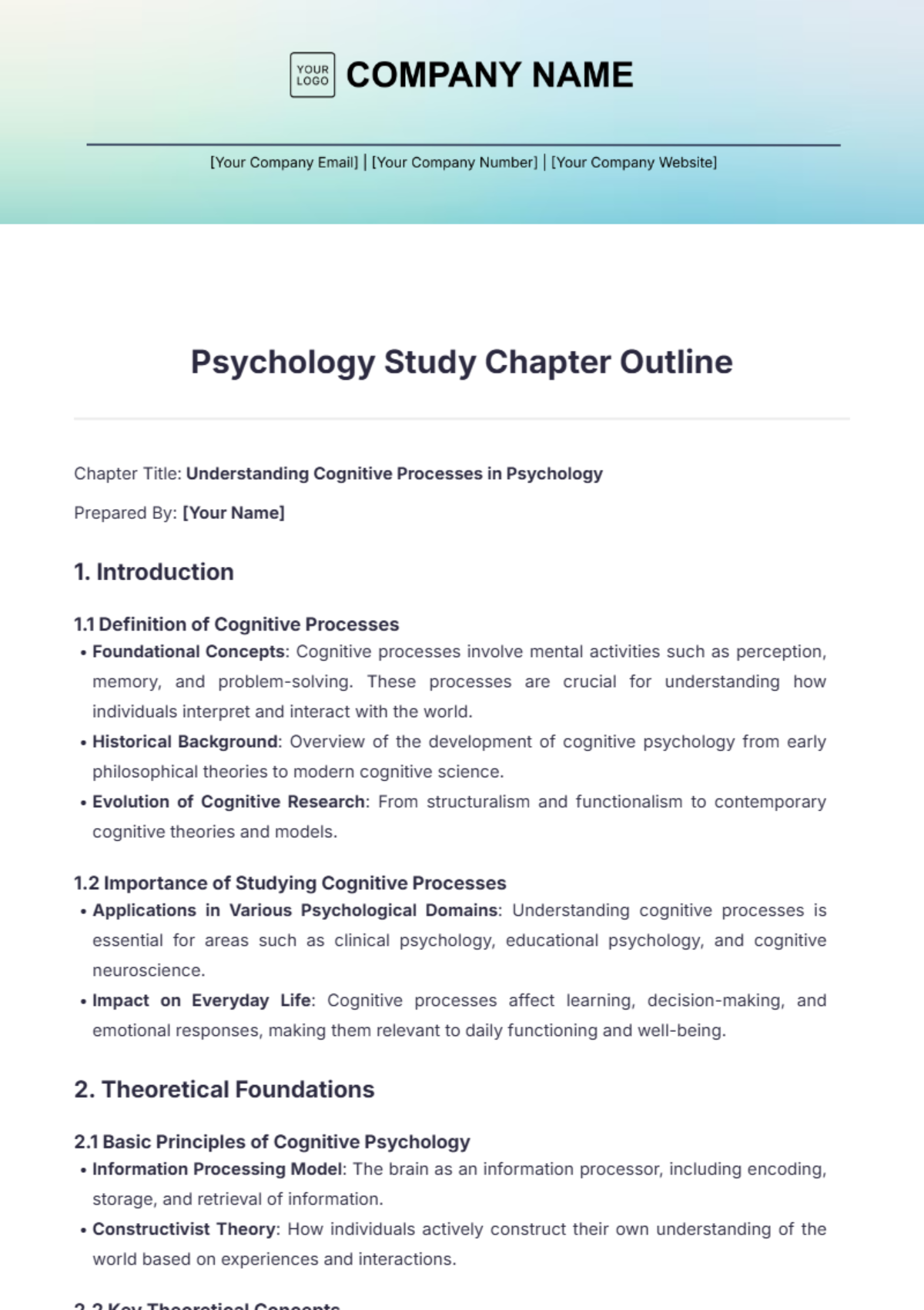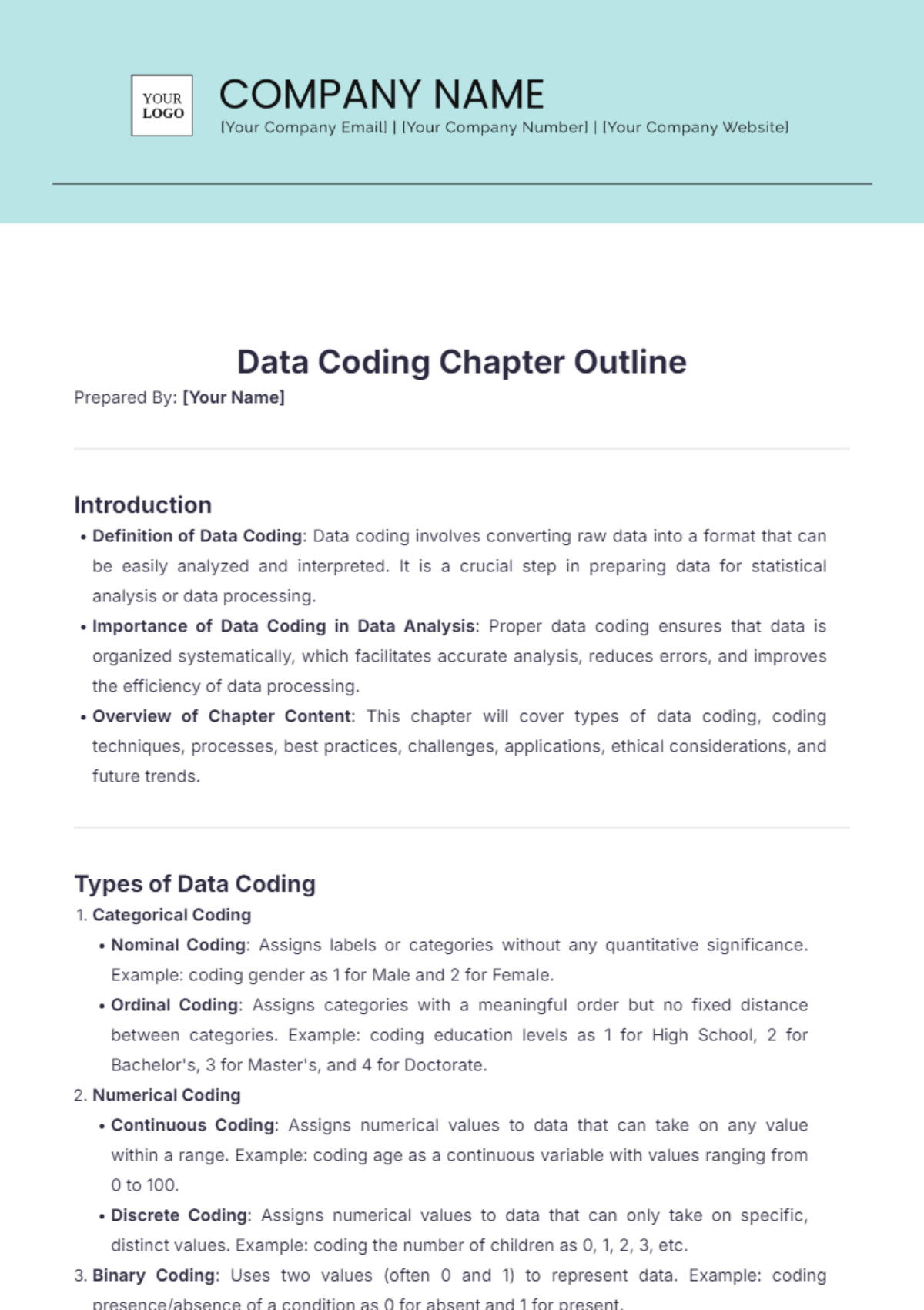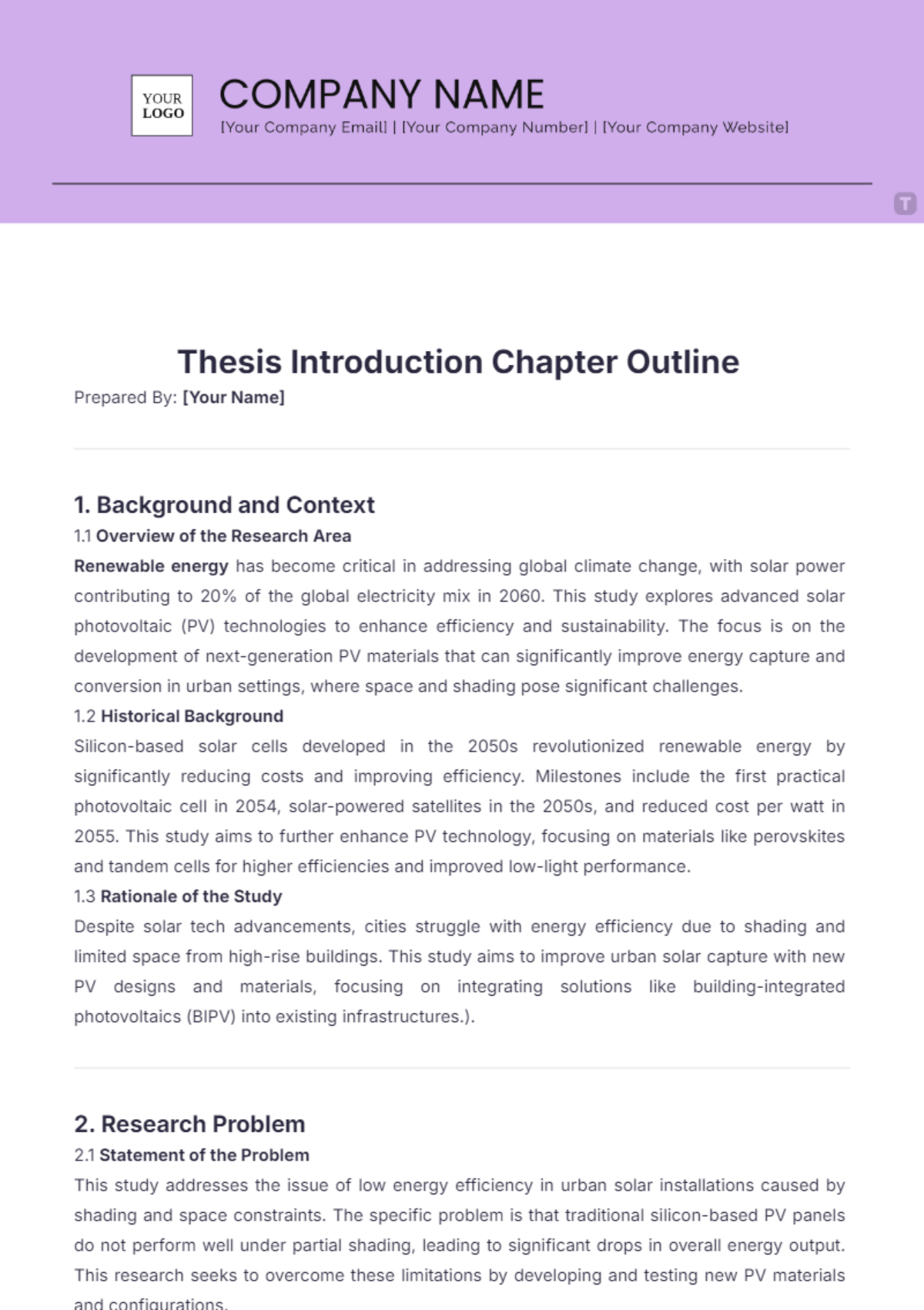Learning Modules Chapter Outline
Prepared By: [Your Name]
Introduction
This module introduces learners to the fundamental concepts of financial accounting. It aims to provide a comprehensive understanding of accounting principles, financial statements, and the role of accounting in business. The module is designed for beginners and serves as a foundation for more advanced accounting studies.
Importance of Learning Modules
Effective learning in financial accounting requires a structured approach to understanding complex concepts. This module ensures that content is organized logically and that learners gain practical skills in preparing and analyzing financial statements. By the end of this module, learners will be able to apply basic accounting principles to real-world scenarios.
Components of the Learning Module
Title: Introduction to Financial Accounting: Principles and Practices
1.1 Objectives
Specific: By the end of this module, learners will be able to prepare a basic income statement and balance sheet.
Measurable: Learners will complete a quiz with at least 80% accuracy on accounting terminology and financial statements.
Achievable: The module provides step-by-step instructions and examples to ensure objectives are attainable.
Relevant: The skills learned will be applicable in various business settings, enhancing practical accounting abilities.
Time-bound: Learners will achieve these objectives within four weeks.
2. Content
2.1 Text
Chapter 1: Introduction to Accounting Principles
Chapter 2: The Balance Sheet: Understanding Assets, Liabilities, and Equity
Chapter 3: The Income Statement: Revenue, Expenses, and Profit
Chapter 4: Introduction to Cash Flow Statements
2.2 Images
Diagrams of financial statements and accounting equations.
Flowcharts illustrating the accounting cycle.
2.3 Videos
Tutorial on preparing an income statement.
Case study video demonstrating the impact of financial transactions on financial statements.
2.4 Interactive Activities:
"Create Your Own Balance Sheet" exercise using the provided sample data.
"Simulated Accounting Scenario" where learners record transactions and generate financial statements.
3. Assessments
3.1 Quizzes
End-of-chapter quizzes to test understanding of key concepts.
Example: Multiple-choice quiz on accounting terms and principles.
3.2 Tests
Comprehensive test covering all module content, including practical exercises.
Example: A written test where learners prepare and analyze financial statements based on a case study.
3.3 Projects
Practical assignment where learners create financial statements for a fictional company.
Example: "Financial Statement Project" requiring the preparation of balance sheets and income statements based on provided business scenarios.
3.4 Practical Exercises
Real-world scenarios to practice recording transactions and generating financial reports.
Example: "Transaction Recording Exercise" where learners enter transactions into a ledger and prepare financial statements.
4. Resources
4.1 Articles
"The Evolution of Accounting Standards: A Historical Overview"
"Key Principles of Financial Accounting: An In-Depth Analysis"
4.2 Books
"Financial Accounting Theory and Analysis: Text and Cases"
"Accounting Principles: A Business Perspective"
4.3 External Links
Online financial ratio calculators.
Interactive financial forecasting tools.
Designing the Learning Module
Background: Designed for individuals new to accounting or with minimal prior knowledge.
Proficiency Level: Introductory level, with no prior accounting experience required.
Learning Needs: Basic understanding of accounting principles and practical skills in preparing financial statements.
Setting Learning Objectives
Objective Example: "Learners will be able to explain the impact of various financial transactions on the balance sheet and income statement."
Alignment: Objectives support the overall goal of understanding and applying basic accounting principles.
Organizing Content
Section Example:
"Chapter 1: Introduction to Accounting Principles"
"Chapter 2: The Balance Sheet"
"Chapter 3: The Income Statement"
"Chapter 4: Cash Flow Statements"
Logical Flow: Start with basic principles, then move to detailed financial statements and practical applications.
Creating Assessments
Variety: Incorporate quizzes, practical projects, and comprehensive tests.
Accuracy: Assessments designed to reflect the content and objectives, such as preparing financial statements and analyzing case studies.
Implementing the Learning Module
1. Delivery Methods
Face-to-Face: Classroom instruction with interactive activities and discussions.
Online: E-learning platform with video lectures, quizzes, and interactive exercises.
Blended Learning: Combination of online tutorials and in-person workshops for hands-on practice.
2. Engaging Learners
Interactive Elements: Discussion forums, quizzes, and practical exercises.
Collaboration: Group projects and peer reviews to enhance learning through collaboration.
3. Monitoring Progress
Assessments: Regular quizzes and tests to track understanding.
Feedback Mechanisms: Surveys and individual feedback sessions to provide support and address challenges.
Evaluating and Revising Learning Modules
1. Collecting Feedback
Learners: Conduct surveys and focus groups to gather insights on the module’s effectiveness.
Instructors: Obtain feedback on teaching methods and module content.
2. Analyzing Assessment Results
Effectiveness Example: Review quiz scores and project submissions to determine if learning objectives were met.
Improvement Areas: Identify common areas of difficulty and revise content or teaching strategies accordingly.
3. Revising Content and Structure
Content Updates: Incorporate new case studies or examples to address areas of difficulty.
Structural Changes: Adjust the organization or presentation of content for better clarity and flow.
Conclusion
Developing and implementing this module on financial accounting provides learners with a solid foundation in basic accounting principles and practical skills. By engaging with well-structured content and assessments, learners will be equipped to apply accounting knowledge in real-world scenarios and further their studies in accounting.





